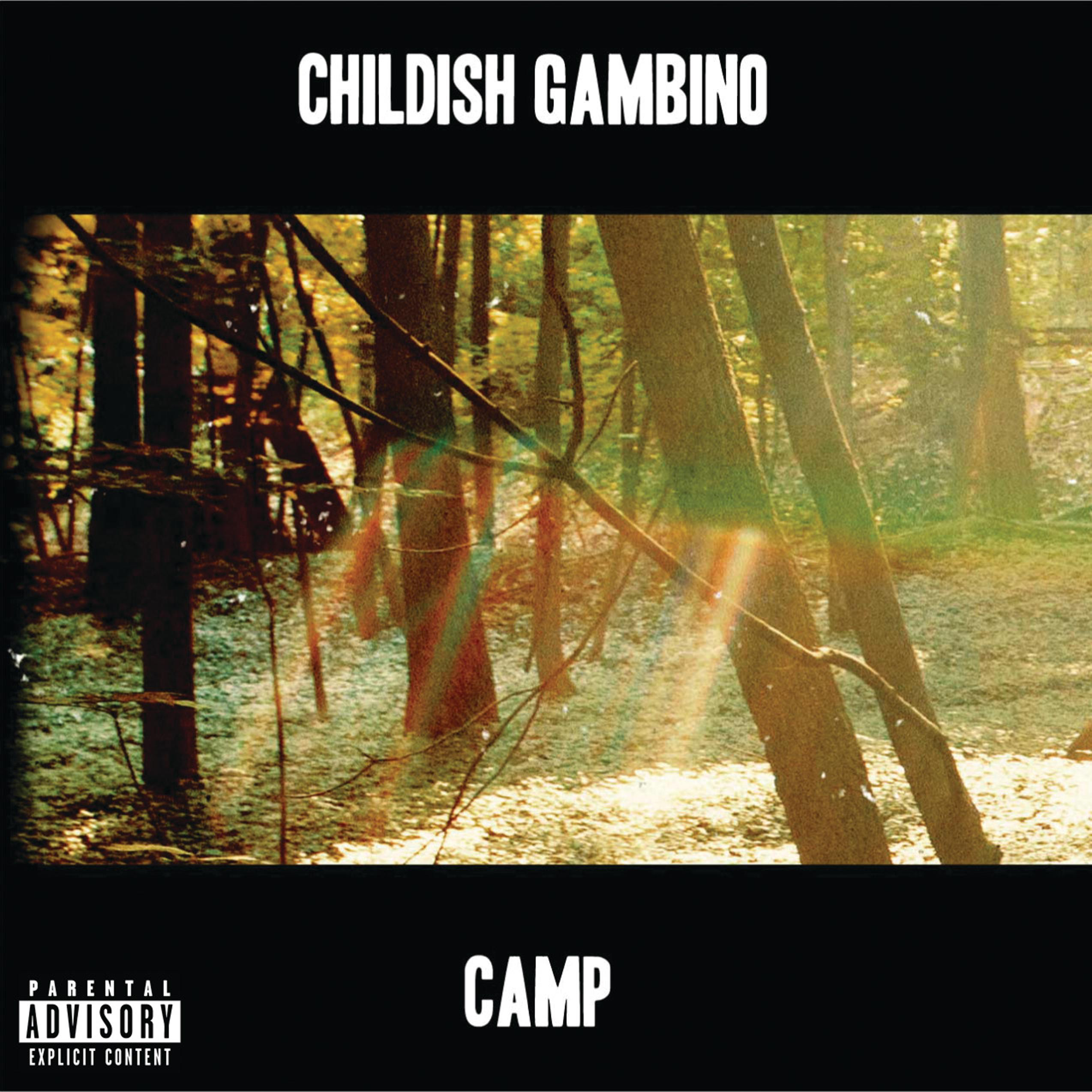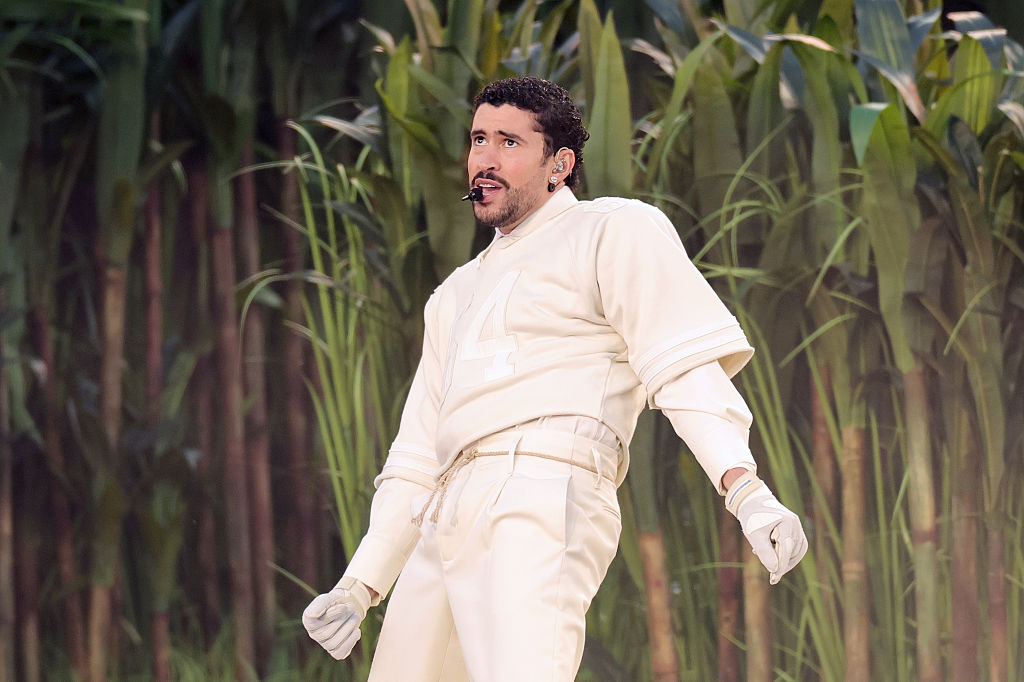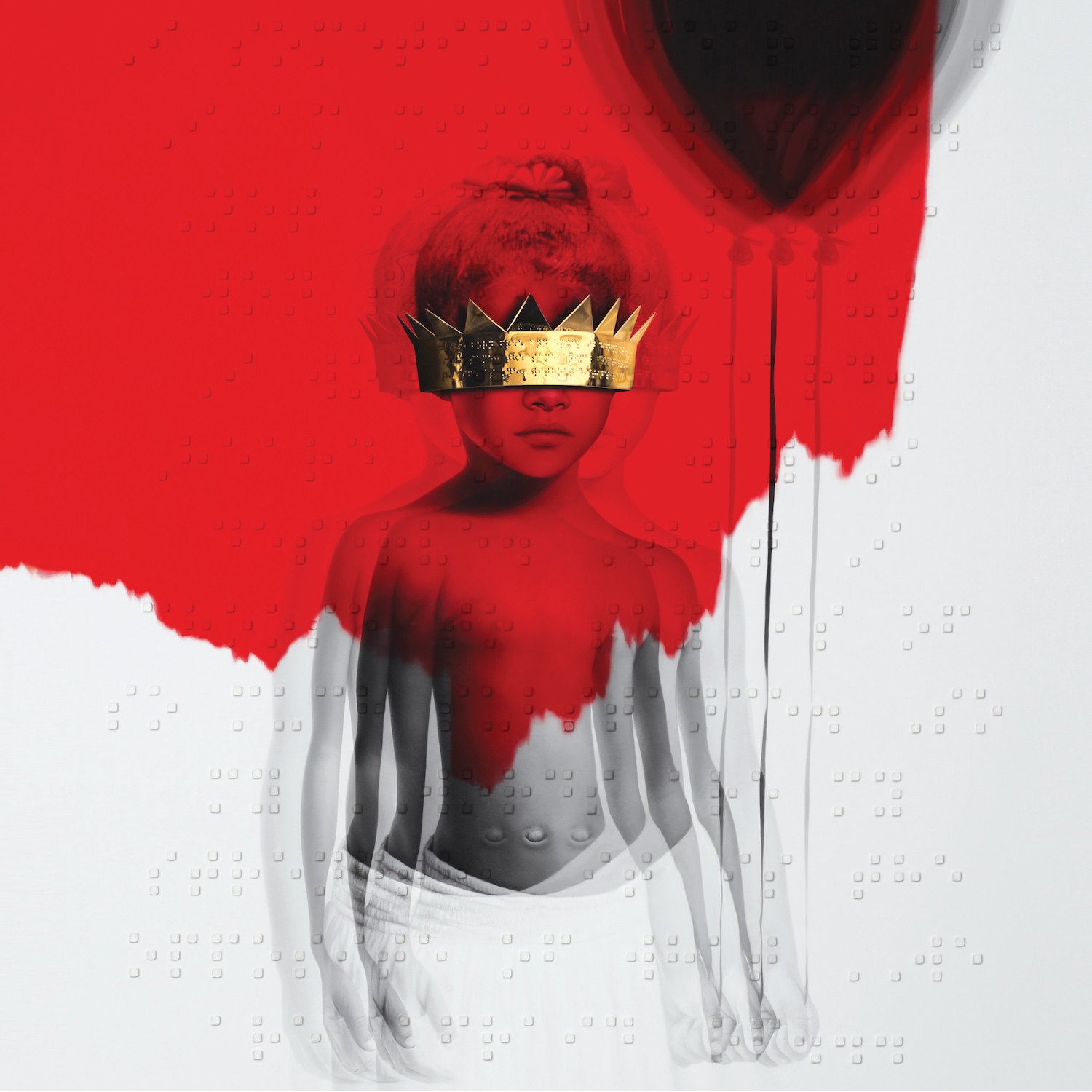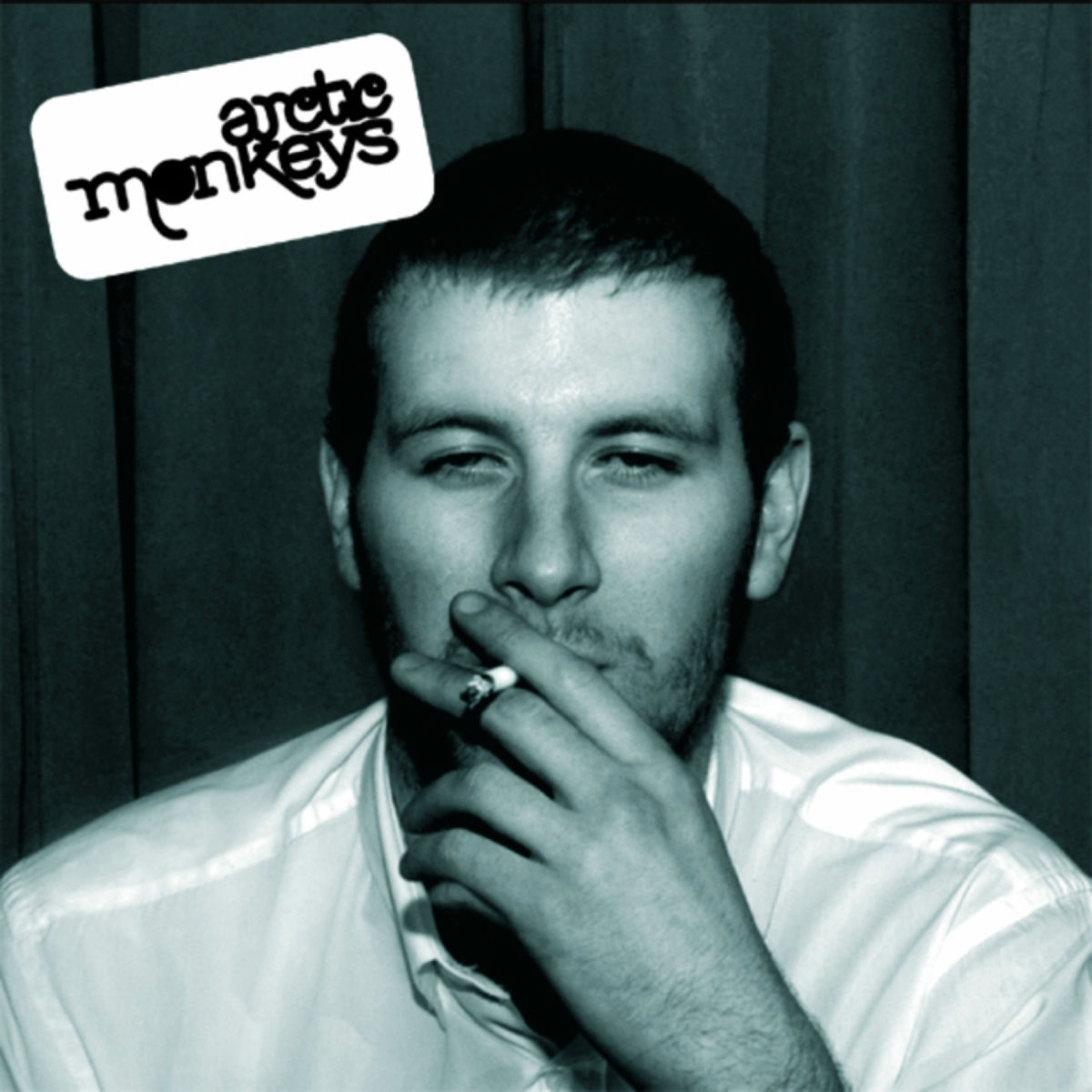- Glassnote
- 2011
Donald Glover closes his first album as Childish Gambino by telling an embarrassing story about oversharing his feelings to a crush as a 13-year-old. He then explains the lesson: "Make it all for everybody" -- reveal everything about yourself, even if that leads to shallow relationships. The preceding 55 minutes of sex boasts and punchline verses, written from the perspective of a 27-year-old rising Hollywood star, aren't just rap shit. They’re also a defense mechanism.
That anecdote is a strange but accurate way to summarize an album where Glover's skills as a rapper and songwriter are deployed with the emotional range of a young teen facing down the end of summer vacation. Not many musicians close their debut with a three-minute spoken word passage over Questlove drums, but Childish Gambino's Camp is the sound of believing your own hype a little too much.
Glover was hired to write for Tina Fey’s NBC sitcom 30 Rock while still attending NYU, then made the move to Los Angeles in 2009 for his breakout role as earnest doofus ex-quarterback Troy Barnes on the same channel’s Community. Glover had dabbled in music since his youth in Stone Mountain, Georgia but picked up hip-hop in college after being gifted a copy of Fruity Loops production software and infamously arrived at his rap name after inputting his birth name into a Wu-Tang Clan name generator. He began releasing Childish Gambino projects independently between his acting commitments. On his two I Am Just A Rapper projects from 2010, Gambino raps over buzzy indie tracks like Grizzly Bear's "Two Weeks," his nasal bars alternately clashing and conforming with the song underneath.
https://youtube.com/watch?v=Wsl-hgVVSIE
By 2011, Glover had linked up with Community composer Ludwig Göransson as co-producer on his explicitly indie rock-influenced projects, Culdesac and an untitled EP that yielded the no-hook single "Freaks And Geeks." He had entered himself into a blog-rap wave where artists like Odd Future (note the Earl Sweatshirt reference on "Bonfire") and Kendrick Lamar (who rapped over a Culdesac instrumental in 2010) offered more idiosyncratic styles than terrestrial radio, all easily downloadable to my iPod. In the spring, he mounted the 30+ night I Am Donald club tour, leading to fawning profiles with headlines like "Donald Glover Is More Talented Than You" in which writers marvel at supposed novelties like someone performing both comedy and music in the same show, or a rapper performing with a live band.
Camp was released 10 years ago today on Glassnote Records, an indie label fresh off the success of Mumford & Sons and Phoenix. With Göransson's layers of string sections, synth pads, and backing choirs, Camp is one of the few albums to attempt to match the sound of Kanye West's My Beautiful Dark Twisted Fantasy. On "Fire Fly," Glover is high on his fame, proud to be stopped on the street for selfies, as horns add a regal flair to the bassline. Still, this style of composition can sometimes be a crutch, augmenting subpar aspirational hooks with lush production as a shortcut to profundity.
Like countless rappers before him, Glover grounds his successes in the adversity he overcame. He depicts growing up in poverty with heart-wrenching detail on album opener "Outside," recalling sharing a bed with several family members and treasuring a Pizza Hut toy as his parents save up for a home of their own. It's a vivid scene that could fit into an episode of Atlanta. Most often, Glover grapples with the unfair expectations laid on him as a Black man, lamenting that he doesn’t feel "hood enough" for barber shops but "we all look the same to the cops" on "Hold You Down." "Fuck that, boat shoes and a wave cap," he concludes on "Backpackers," embracing his own eccentricities as a modest form of rebellion.
Other struggles aren’t nearly as relatable. Throughout the album, Glover is frustrated that his music isn’t taken seriously because of his work in comedy, mentioning people who “keep asking whether this dude’s for real or not” on “All The Shine.” But the success he raps about here is the result of his comedy; he was far more famous as Troy Barnes than as a musician at this point in his career. And it's hard to take Glover's frustration seriously when both his modes are heavily reliant on pop culture references, like boasting "I've seen it all, like I'm John Mayer's penis hole" on "Sunrise."
This is the central flaw of Camp: It's steeped in Glover's autobiographical wunderkind entertainer persona (though, may I remind you, he was 27 years old at the time of release), and that persona can be extremely grating at length. Glover insists that he's so different and so clever, but he often defaults to saying that rather than proving it in his delivery and writing. He relies heavily on the then-trendy "hashtag rap" flow, where each punchline comparison has a gap in place of a "like" or "as." The effect is like an overeager standup comic taking prepared pauses for laughs that aren't coming. Lead single "Bonfire" is packed with clunkers like "Made the beat then murdered it/ Casey Anthony" or "I love pussy, I love bitches, dude I should be running PETA." With Glover's belabored delivery and a beat that combines "Power"-esque vocal loops and "A Milli"'s syncopated drum pattern, it just comes across as trying too hard.
The persona on Camp also includes an immature fixation on casual sex. On "All The Shine," Glover raps "I’m not like these other guys/ I rap about my dick and what girls I think is fly" with a straight face, as if sex is a novel topic in hip-hop. Later in the same song, he admits he's making up for sex he didn't have in high school, but that rationalization doesn’t make his attitude any more compelling. "Kids (Keep Up)" pairs an abysmally twee chorus with verses about ignoring texts and making hookups take Plan B in front of him, with little irony or levity to prevent Glover from coming across like a yuppie asshole. The lowest points on Camp combine all of the above with tacky jokes on Glover’s preference for Asian women, like his brag on "Backpackers" that "I got a girl on my arm, dude, show respect/ Something crazy and Asian, Virginia Tech."
Camp received mixed reviews upon its release, including an infamous 1.6 Pitchfork score. Ian Cohen’s review attacked Glover's "false outsider persona" and "pre-Kanye inferiority complex" and mused, "If you buy only one hip-hop album this year, I'm guessing it’ll be Camp." Still, the album was a commercial success, debuting at #11 on the Billboard 200 and spinning off a minor hit with hip-house single "Heartbeat." I imagine these sales were largely driven by teenage fans like myself. Glover's fixation on sex, insistence on appearing clever and unique, and general tryhard nature seem immature to me now, but that blend was deeply appealing to me as a 16-year-old. Camp certainly wasn't the only rap album I bought that year, but it was one of the few I could convince my pop- and emo-oriented friends to pay attention to.
On later Childish Gambino projects, Glover zoomed out, examining modern life without himself in the center while expanding his sound to include trap, soul, and P-funk pastiche accordingly. As his IMDb page grew to include Atlanta and Lando Calrissian, he withdrew from the public in order to cultivate a multi-talented mogul mystique, finally unlearning the lesson he clings to on "That Power." He leveled up to festival-headliner status thanks to hits like "Redbone" and "This Is America." Glover has now achieved the transcendent art that he boasted about on his debut -- he just needed to share a little less of himself to do it.






